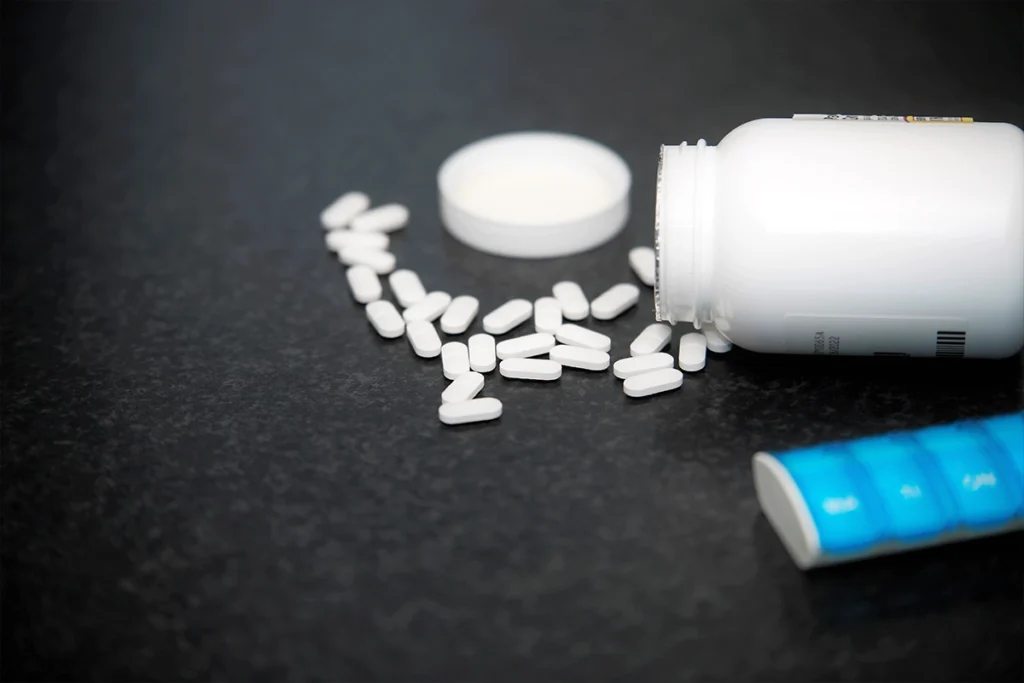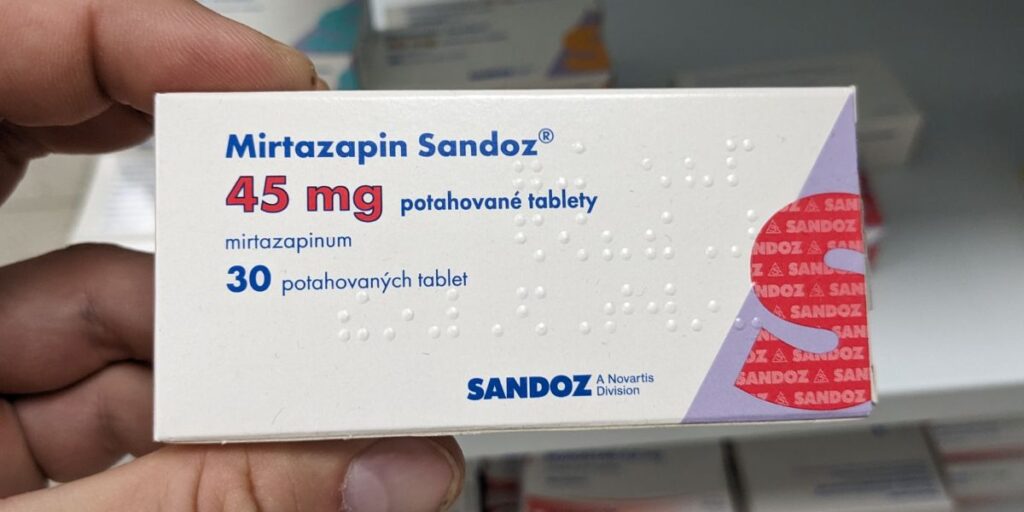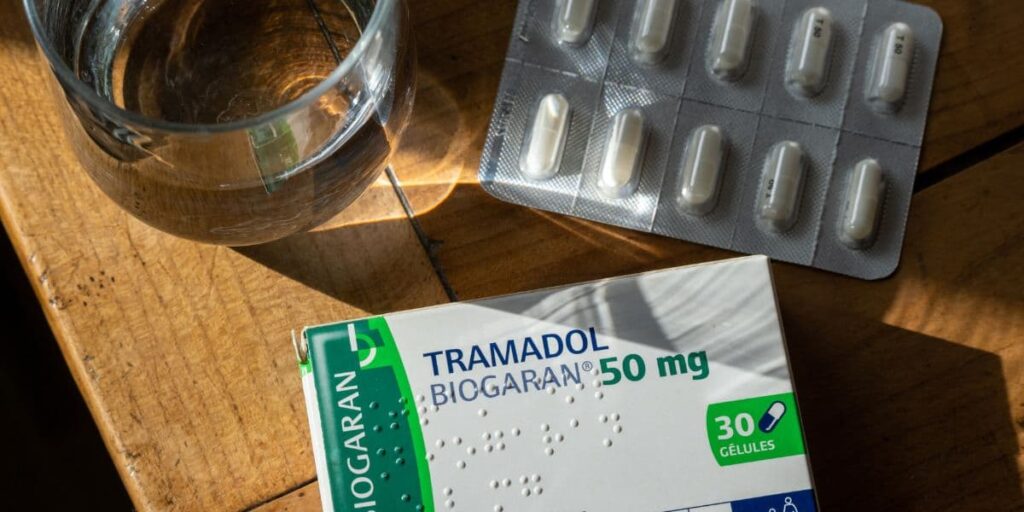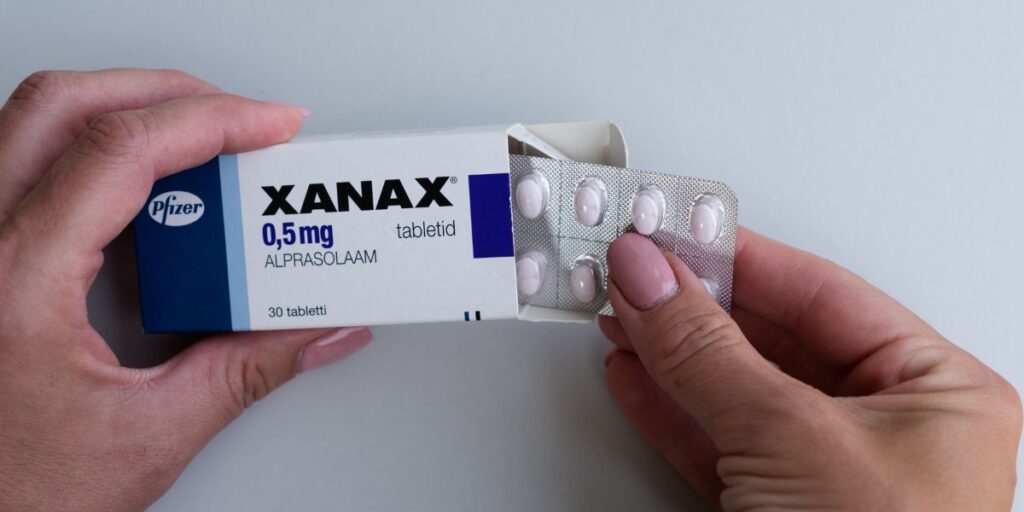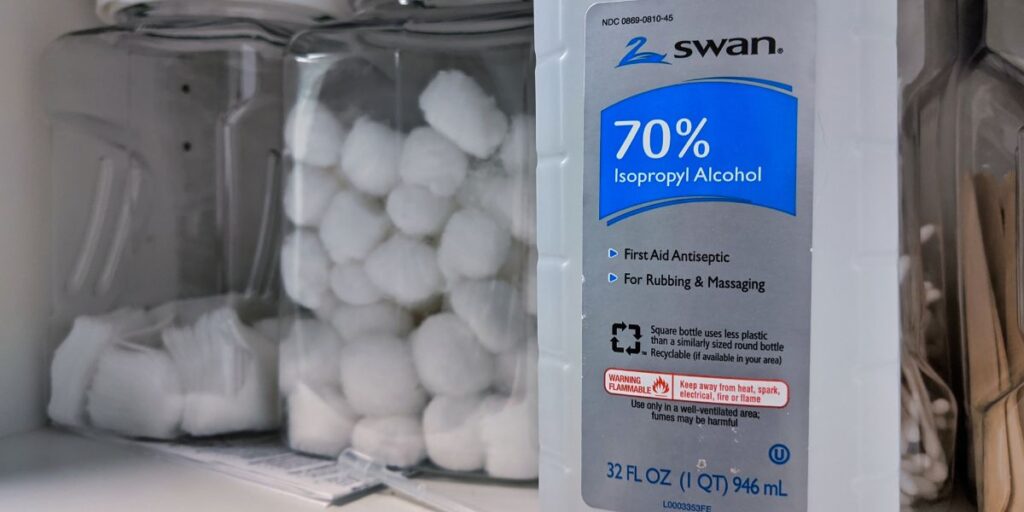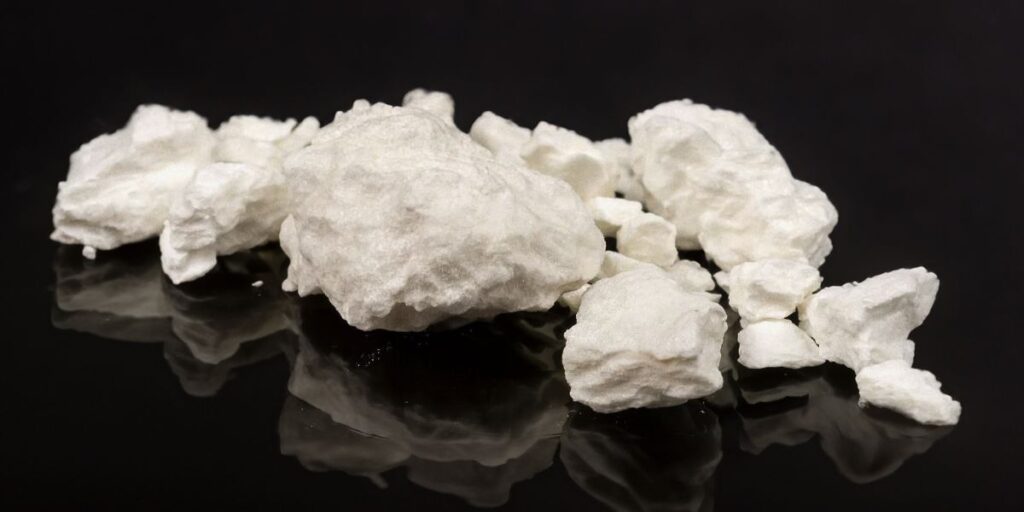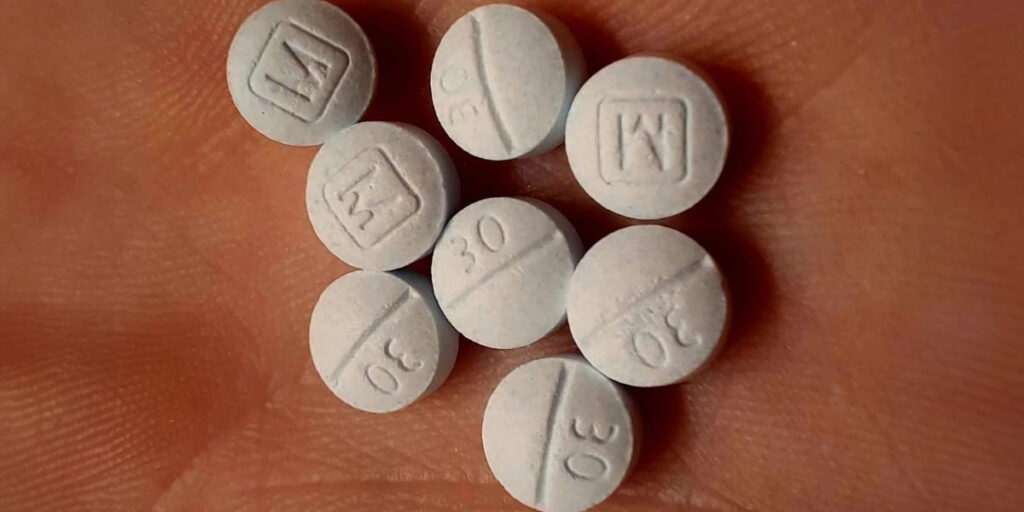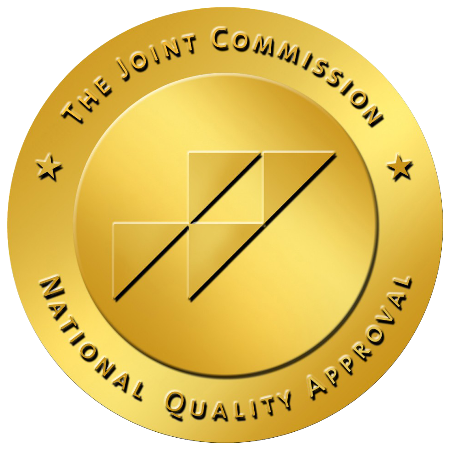Crank is one of the many street names for methamphetamine, a powerful and highly addictive stimulant that has devastating effects on people and communities.
Known for its intense euphoric high, crank is often associated with severe health consequences, including extensive tooth decay, mental health issues, and a high risk of infectious diseases. Meth is illegal and classified as a Schedule II controlled substance in the United States, indicating its high potential for abuse and addiction.
Despite its illegal status, crank continues to be a significant problem, particularly in rural and economically disadvantaged areas, where meth labs can operate under the radar. The drug’s relatively low cost and the intense high it provides make it appealing to users, but the long-term health consequences are severe and often permanent.
What Is Crank?
Crank is a street name for methamphetamine, commonly known as meth. Methamphetamine is a potent central nervous system stimulant that comes in various forms, including crystals or powder. Crank is a powdered form of meth, usually off-white, that can be used by smoking, snorting, or injecting.
Meth is a synthetic drug that was initially developed for medical purposes. Its addictive nature and severe side effects make it a significant public health problem.
This is especially true in the United States. The drug creates strong feelings of happiness and energy, attracting users. However, these effects don’t last long and carry serious risks.
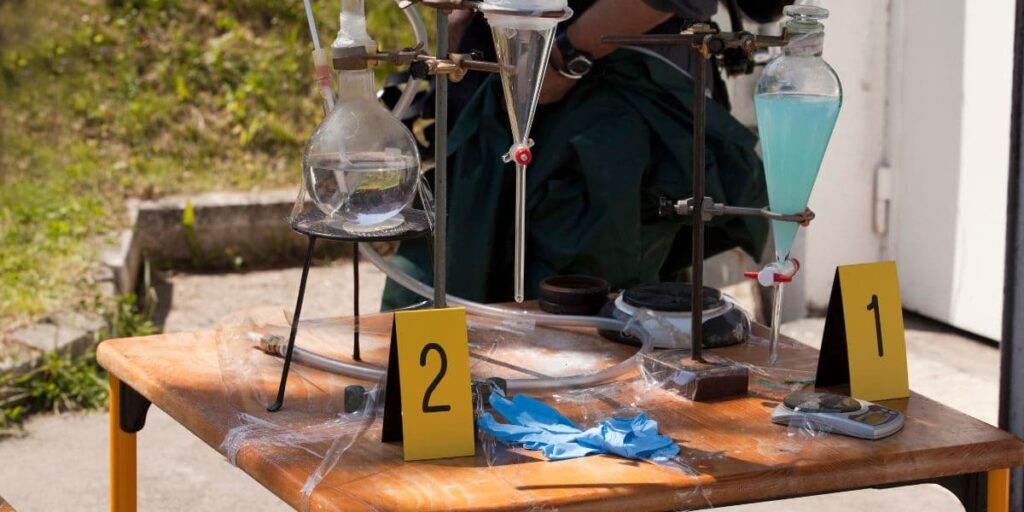
How Is Crank Made?
The production of crank is often associated with underground meth labs, which are known for their dangerous and toxic environments. Crank is made using a variety of chemicals, many of which are hazardous. One of the key ingredients in meth production is pseudoephedrine, a common ingredient in cold medications. However, to convert it into crank, it is often combined with chemicals such as red phosphorus, an ingredient found in matchsticks, and anhydrous ammonia, a toxic substance used in fertilizers.
These meth labs often operate in unsafe conditions, leading to a high risk of explosions, fires, and toxic chemical exposure. The chemicals used in crank production are highly unpredictable and dangerous, not only to those making the drug but also to anyone in the vicinity, including first responders and nearby residents. The waste produced by meth labs is also highly toxic, leading to environmental contamination and long-term health risks for those living near these sites.
Short-Term Effects of Crank
The effects of crank are immediate, instantly impacting the body and mind of the user. Upon ingestion, crank rapidly affects the central nervous system, leading to an intense euphoric rush and increased energy and alertness. However, these effects are short-lived, and as the high wears off, users often experience severe mood swings, irritability, and fatigue.
Common short-term effects of crank include:
- Intense euphoria
- Increased energy levels and attention
- Reduced appetite
- Hyperactivity
- Increased and rapid breathing
- Irregular heartbeat
Long-Term Effects of Crank
Prolonged use of crank can lead to severe physical and mental health issues. Damage to the brain can lead to long-term problems with thinking. This can make it hard to think clearly and make good decisions.
Crank’s long-term effects include:
- Severe addiction
- Psychosis, including paranoia and hallucinations
- Memory loss
- Aggressive and violent behavior
- Mood disturbances
- Chronic health problems, including severe dental problems
- Significant weight loss and malnutrition
- Risk of infectious diseases because of weakened immune system and unsafe practices like needle sharing
Meth mouth is a condition characterized by extensive tooth decay and gum disease, a result of the drug’s acidic nature and the user’s poor oral hygiene. Crank also weakens the immune system, making users more susceptible to infectious diseases like HIV and hepatitis, particularly if the drug is injected.
Signs and Symptoms of Meth Addiction
Recognizing the signs and symptoms of meth addiction is crucial for early intervention and treatment. Meth addiction is characterized by a compulsive need to use the drug despite the harmful consequences it brings.
Some of the most common symptoms of crank addiction include:
- Physical symptoms: Noticeable weight loss, extreme changes in appearance, extensive tooth decay, and skin sores from excessive scratching and picking at the skin
- Behavioral symptoms: Increased aggression, extreme mood swings, paranoia, and engaging in risky behaviors
- Cognitive symptoms: Memory loss, difficulty concentrating, and impaired judgment
- Social symptoms: Withdrawal from family and friends, neglect of responsibilities, and involvement in criminal activities to obtain the drug
- Dental issues: Broken, missing, and rotting teeth known as meth mouth
- Binges: Hyperactivity for days with little to no sleep followed by periods of extreme fatigue
These symptoms show how crank seriously affects the user’s life. It harms their physical health, mental health, and social relationships. If not treated, meth addiction can harm the body and mind. In some cases, it can even be deadly.

Crank Addiction Treatment at Northridge Addiction Treatment Center
For people struggling with crank addiction, professional treatment is necessary to achieve lasting recovery. Northridge Addiction Treatment Center (NATC) offers comprehensive treatment programs tailored to each person’s unique needs. We treat meth addiction with evidence-based, patient-focused care providing medical detox, individual therapy, and long-term support. This helps people regain control of their lives.
Our programs use various intensive treatments and therapies like dual diagnosis treatment and cognitive behavioral therapy (CBT). This therapy helps people understand the causes of their addiction. It also helps them develop coping strategies to prevent relapse.
At NATC, we understand the challenges of overcoming substance use disorders and co-occurring mental health conditions. Our caring and skilled team is committed to creating a safe and supportive place.
With the proper treatment and support, it is possible to break free from the cycle of addiction and lead a healthier, more fulfilling life.
Contact NATC and speak with one of our compassionate treatment specialists. Begin your path to recovery today.



